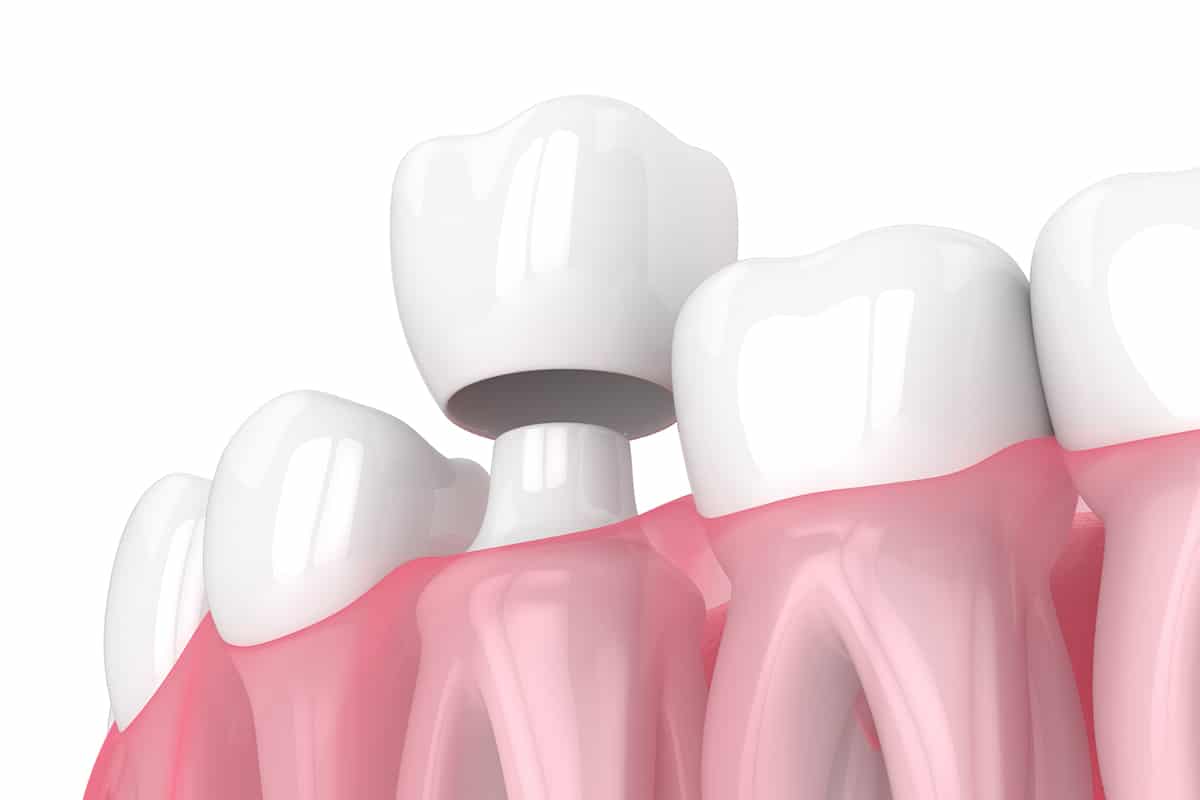
When it comes to repairing damaged teeth, patients often face the decision between dental crowns and fillings. Both options aim to restore functionality and appearance, but they serve different purposes based on the extent of the damage and the patient's needs. Understanding the differences between these two restorative treatments can help you make an informed choice and ensure optimal oral health.
Below, we’ll break down the key differences between crowns and fillings, their benefits, and when each is typically recommended.
When to Choose Dental Fillings
Dental fillings are commonly used for smaller areas of decay or damage. These restorations are typically made of materials such as composite resin or amalgam, which are designed to blend seamlessly with your natural tooth or offer durability for chewing surfaces.
Fillings are ideal in situations where:
- The cavity or damage is minor, requiring only a partial restoration.
- There is no structural risk to the tooth that would necessitate additional reinforcement.
- Minimally invasive treatment is preferred.
This treatment is relatively quick and cost effective, usually completed in a single visit. Thanks to advances in modern dentistry, composite fillings are highly aesthetic and virtually invisible, allowing for discreet tooth repair.
Why Consider Dental Crowns?
Dental crowns, on the other hand, are used for more extensive damage. A crown is a custom made cap that covers the entire visible portion of the tooth, providing structural support and restoring functionality. Crowns are crafted from materials like porcelain, ceramic, or metal, depending on the patient's preference and the tooth's location.
Crowns are recommended in cases such as:
- Severe tooth decay that compromises most of the tooth's structure.
- Cracked or broken teeth that need additional stability.
- Post root canal treatment, when the tooth becomes more brittle and requires protection.
Unlike fillings, crowns involve reshaping the existing tooth and require two visits, one for preparation and another for placement. Crowns offer remarkable durability and a natural appearance, making them an effective solution for restoring severely damaged teeth.
Comparing Benefits of Crowns and Fillings
While both crowns and fillings play a vital role in restorative dentistry, evaluating their benefits can clarify when each option is appropriate.
Fillings:
- Cost effective for small repairs.
- Preserve more of the natural tooth.
- Quick and minimally invasive.
Crowns:
- Offer superior strength and support for weakened teeth.
- Protect against further damage or decay.
- Restore teeth that are significantly damaged.
Patients can discuss their individual cases with their dentist to determine whether a filling or crown will provide the optimal blend of function, appearance, and longevity.
Are Crowns or Fillings Better for You?
The right choice between a crown and a filling largely depends on the severity of the tooth’s damage and your dentist's recommendations. If the damage is minor, a filling may be sufficient to restore your tooth. However, for more extensive issues, a crown provides stronger support and the protection is longer lasting.
To ensure you receive the best possible care, schedule a consultation with 26 North Dental. We can thoroughly assess your needs and guide you toward the most appropriate option.
Frequently Asked Questions About Restorative Dentistry
What should I do if my filling or crown becomes damaged?
If your filling or crown chips, cracks, or becomes loose, contact your dentist immediately for a repair or replacement. Damaged restorations can expose your tooth to further decay or sensitivity, so timely intervention is essential.
Are crowns and fillings covered by dental insurance?
Most dental insurance plans partially cover restorative treatments like crowns and fillings. However, coverage varies based on your specific plan. It’s best to review your policy or consult your dental office for detailed information about costs and coverage.
At 26 North Dental, we’re committed to providing compassionate, expert care tailored to each individual. Whether you’re considering a dental crown, filling, or another restorative treatment, we’re here to help. Contact us today to schedule a consultation.
